Black Hat SEO: Reasons Why Google Can Penalize You
Introduction
Black Hat SEO is a set of unethical practices that some website owners and marketers use to manipulate search engine rankings. While these tactics may provide short-term gains, they can have severe consequences in the long run. This article will explore why Google can penalize websites engaging in Black Hat SEO techniques.
Keyword Stuffing
One of the most common Black Hat SEO practices is keyword stuffing, which involves overusing keywords in a webpage’s content to manipulate search engine rankings. While it’s essential to include relevant keywords in your content, search engines can see excessive or irrelevant keyword usage as spammy. Google’s algorithms are designed to detect keyword stuffing, and if your website is found guilty of this practice, it can lead to a significant drop in rankings or even a complete removal from search results.
Cloaking
Cloaking is another Black Hat SEO technique that involves presenting different content to search engines and users. This practice aims to deceive search engines by showing them optimized content while displaying other content to users. Google considers cloaking a violation of its guidelines because it provides a poor user experience and undermines the integrity of search results. If Google detects cloaking on your website, it can result in severe penalties, including a complete removal from its index.
Link Manipulation
Link manipulation is a Black Hat SEO tactic that artificially inflates the number of website backlinks. This can be achieved through link farms, paid links, or link exchanges. While backlinks are an essential ranking factor, Google places a high value on the quality and relevance of these links. If your website manipulates links, Google can penalize you by devaluing your backlinks or even issuing a manual penalty.
Content Scraping
Content scraping refers to copying content from other websites without permission and republishing it as your own. This Black Hat SEO practice violates copyright laws and leads to duplicate content issues. Google penalizes websites that engage in content scraping by devaluing their rankings or removing them from search results altogether. It’s crucial to create original and valuable content to avoid these penalties.
Hidden Text and Links
Another Black Hat SEO technique is hiding text or links within a webpage. This can be achieved by using the same color for the text and background or placing the text behind images. The purpose of hiding text or links is to manipulate search engine rankings without affecting the user experience. However, Google’s algorithms are sophisticated enough to detect hidden text and links. If your website is found guilty of this practice, it can result in penalties that harm your rankings and visibility.
Engaging in Black Hat SEO practices may provide short-term benefits, but the risks outweigh the rewards. Google’s algorithms are continuously evolving and are becoming better at detecting and penalizing websites that employ unethical tactics. To build a sustainable online presence, focusing on ethical and white-hat SEO strategies is crucial. By creating high-quality content, optimizing your website for user experience, and earning backlinks naturally, you can improve your search engine rankings and avoid the severe consequences of Black Hat SEO.
Prioritize ethical SEO practices today, learning the most important SEO tips and tricks to ensure the long-term success of your website. Remember, quality and relevance are key to impressing search engines and users.
